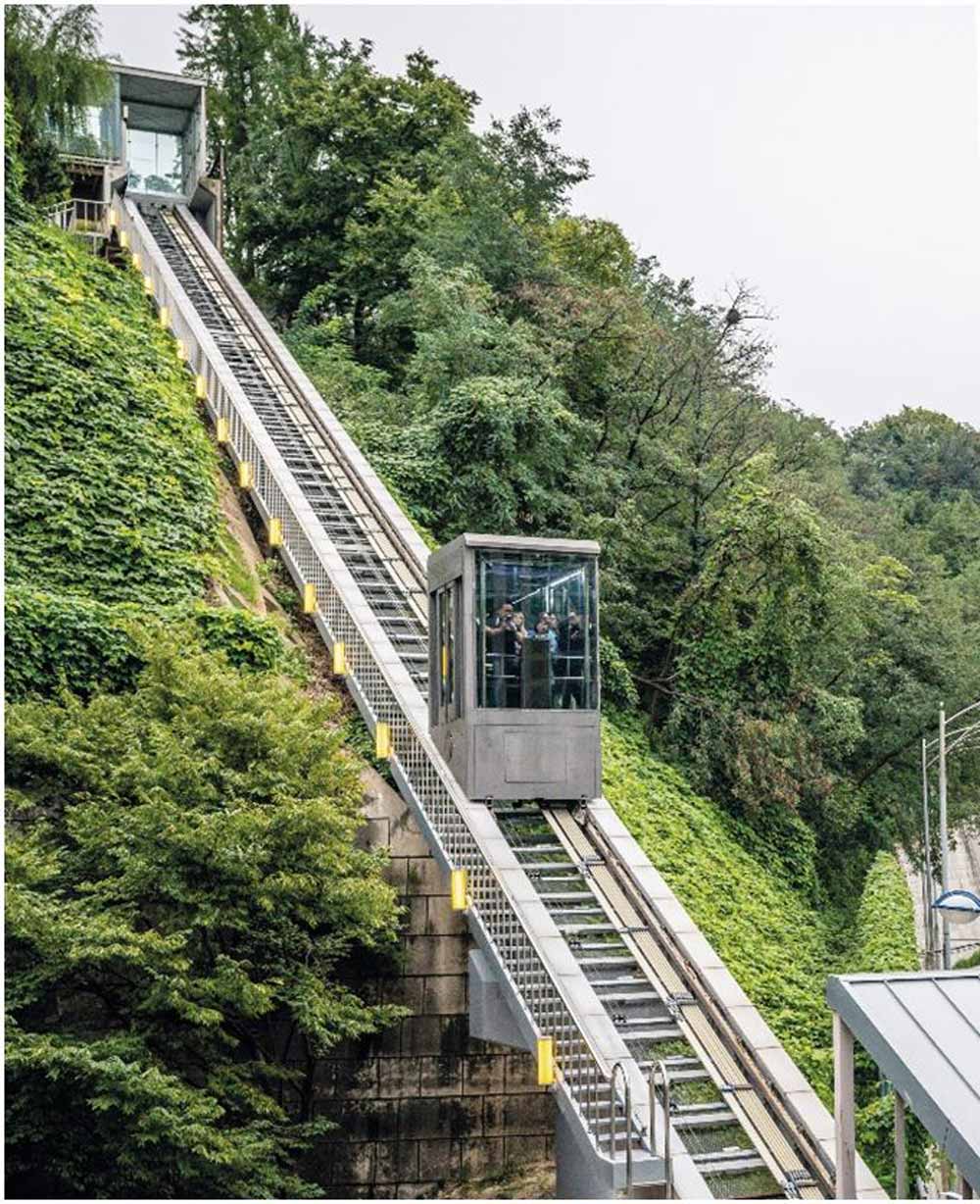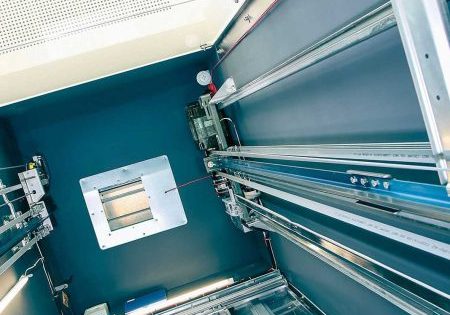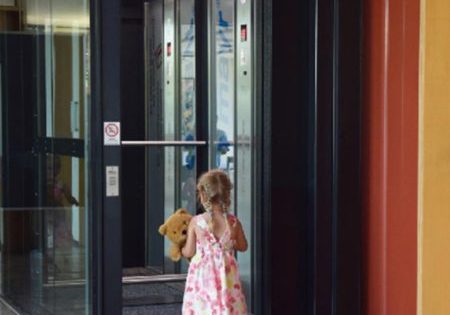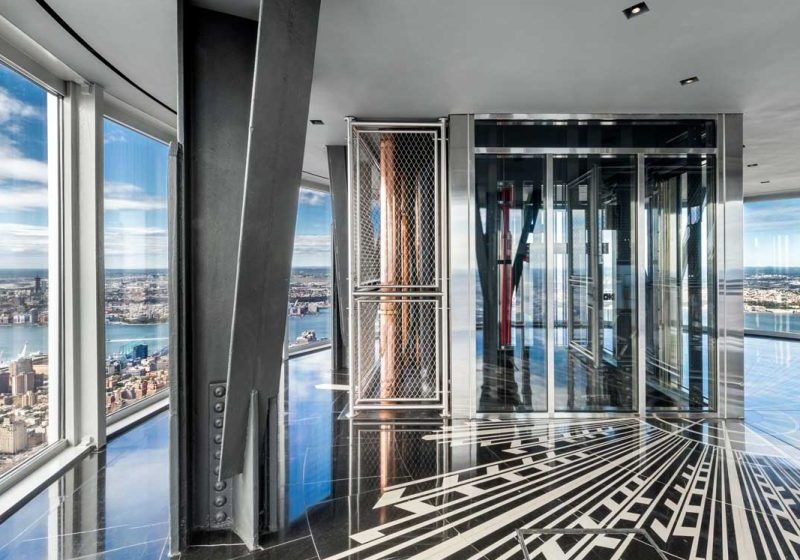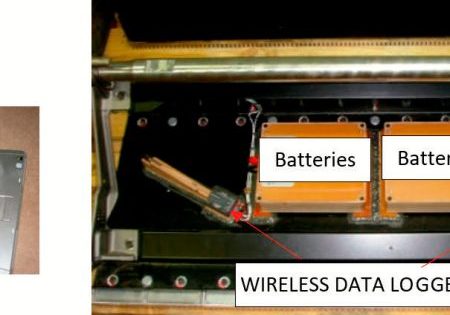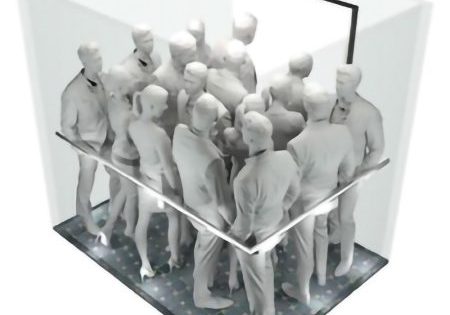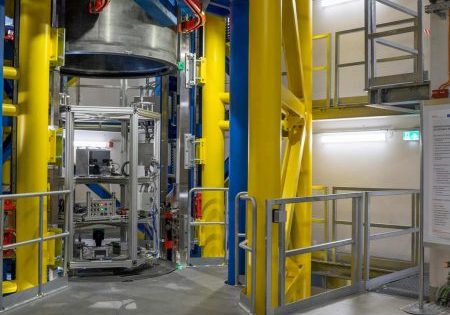The features of a new landing door system are detailed in this Product Spotlight.
submitted by MEILLER Aufzugtüren GmbH
An inclined lift is, by definition, a passenger and goods lift with an inclined track erected to overcome a difference in height. According to the European standards, the type is considered a special one, the guide rails of which are inclined by more than 15° from the vertical. The inclined lift, in the sense of the Lift Directive, is dealt with in EN 81-22. This means that, like all components, the landing and car doors must also comply with the EN 81 series.
Inclined lifts are mainly installed in mountainous areas or on slopes to transport people or goods to the buildings on the slope or mountain without problems. They are often used to serve hotels, guest houses or even private homes. Inclined lifts, just like their vertical counterparts, have rails, ropes, drives, cars, doors, etc.
There are two types of entrances for inclined lifts. The first is at the front: here, the car door enters the landing door vertically. In this case, mechanical coupling of the two doors is no problem. On the other hand, there is sideways: here, the car door enters the landing door at an angle. The usual mechanical coupling of landing and car doors is made problematic. A skate would have to be at an angle to the hook lock rollers to enter between and move them. This is, technically, a very difficult problem to solve.
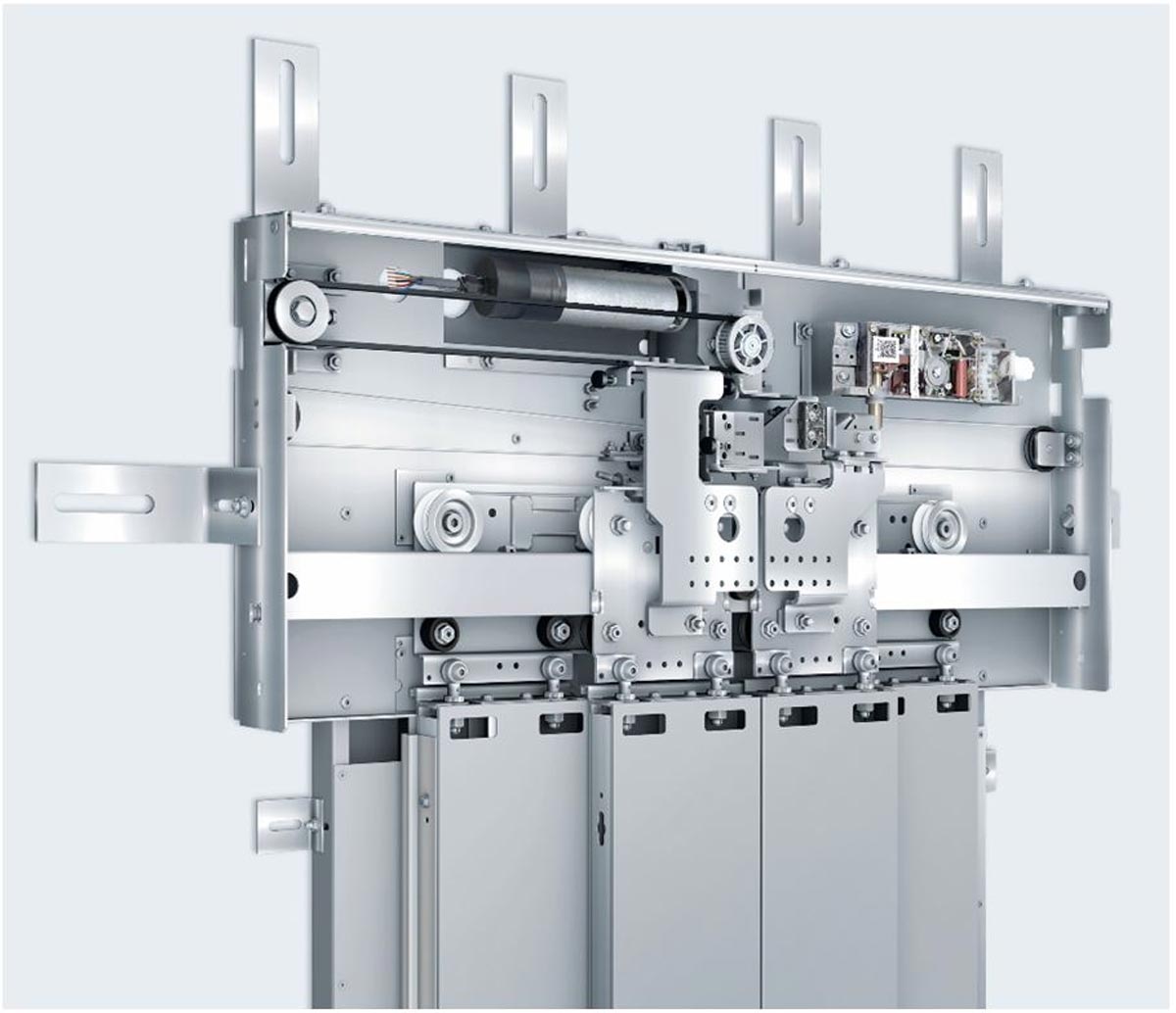
MEILLER Aufzugtüren GmbH of Munich, Germany, has found a simpler solution to this problem: active landing doors that have their own drive with motor; transformer; and, above all, an “intelligent” door control system. This “intelligent” aspect makes it possible to equip the landing and car doors with an optical coupling so the two doors move synchronously. The car door assumes the role of “master,” while the landing door acts as “slave.” If one of the doors is blocked during opening or closing, it reverses automatically. The reversal is transmitted to the other door via an optical coupling (IRcom sensor) so that it reacts simultaneously and synchronously.
Since driven landing doors do not have their own closing weight, the EN 81 requirement that landing doors must be self-closing is realized via an automatic forced-closing mode. These doors must have an emergency (uninterruptible) power supply to ensure they close and lock themselves.
The range of powered active landing doors consists of two-panel center-opening, two-panel side-opening and four-panel center-opening doors. They can be configured with almost all door panel executions, door sills and frame designs.
Get more of Elevator World. Sign up for our free e-newsletter.
